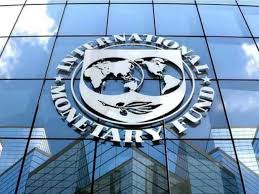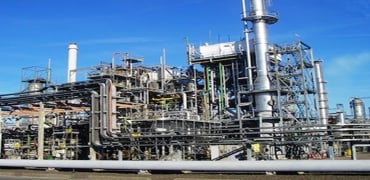IMF says Nigeria must raise revenue, fix budget to support growth
IMF says Nigeria must raise revenue, fix budget to support growth
The International Monetary Fund (IMF) has indeed emphasized the need for Nigeria to raise domestic revenue and fix its budget to support economic growth.
By Rhalialt Arhuoizah
Here are the key points :
- *Revenue Generation*: Nigeria needs to broaden its revenue base beyond oil, which currently accounts for around 30% of public revenue. The IMF suggests improving tax compliance and implementing effective tax reforms to achieve this.
- *Budget Framework*: A more effective budget framework is crucial, with realistic assumptions, tighter spending controls, and transparent reporting. This will help strengthen accountability and ensure that investments in people and infrastructure are effective.
- *Fiscal Discipline*: The IMF urges Nigeria to maintain fiscal discipline, prioritizing recurrent spending cuts while protecting growth-driven investments. This is essential to prevent the fiscal deficit from exceeding expectations, projected to reach 4.7% of GDP in 2025.
- *Monetary Policy*: To tackle inflation, the IMF recommends a tighter monetary policy, enhancing central bank independence to build market confidence and manage inflation sustainably.
- *Social Safety Nets*: Scaling up existing cash transfer systems will help mitigate the impact of reforms on vulnerable populations, ensuring that growth is more inclusive.
- *Economic Growth*: Despite challenges, the IMF projects moderate GDP growth of about 3.2% for 2025, supported by recovering oil output and improved FX liquidity.
The IMF's recommendations aim to help Nigeria achieve sustainable growth, reduce poverty, and improve living standards. By implementing these reforms, Nigeria can unlock its potential and make progress toward a more stable and prosperous economy .
About The Author
Subscribe to our Newsletter
Subscribe to our newsletter to get latest news, popular news and exclusive updates.
Most Read
Poll
-
Is raining season better than dry season



















